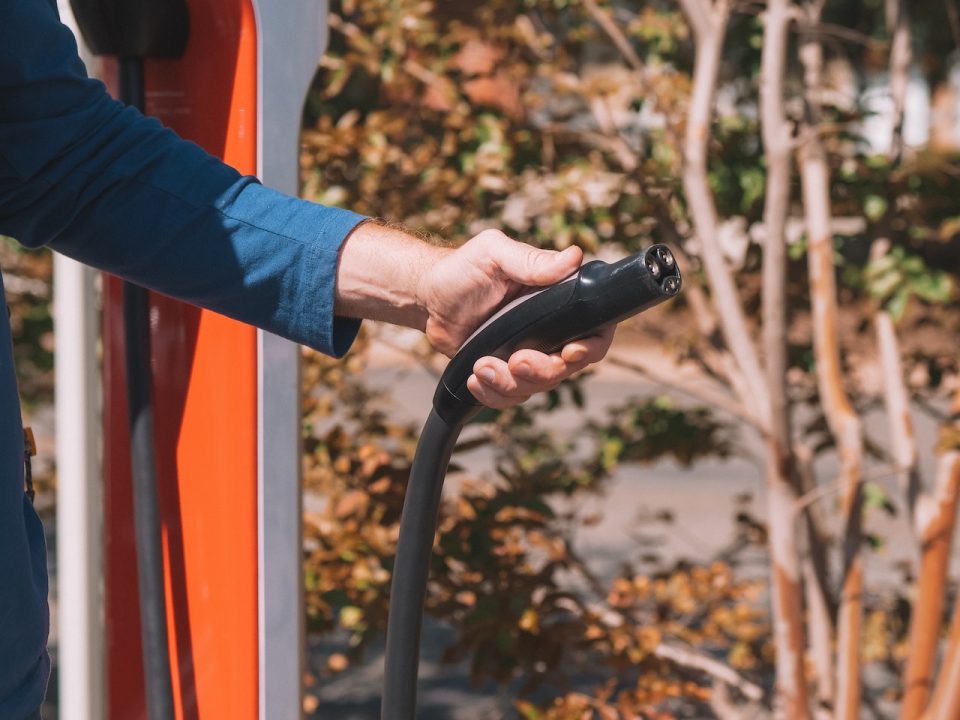Hyundai Motor and Kia Corp have officially confirmed the industry-shifting move towards adopting Tesla Inc’s North American Charging Station Standard (NACS) for their electric vehicles (EVs) in the United States. This strategic decision underscores the momentum Tesla’s superchargers have gained, potentially supplanting the rival Combined Charging System (CCS) as the prevailing standard. Commencing in the fourth quarter of 2024 in the United States, all newly manufactured Hyundai and Kia EVs will be equipped with a NACS port. Canadian consumers can expect to access this technology in Hyundai EVs by the first half of 2025 and in Kia EVs by the close of 2024.
This move signifies a substantial leap forward for Hyundai and Kia EVs, affording them entry to over 12,000 Tesla Superchargers spanning the United States, Canada, and Mexico. Moreover, both current and future owners of Hyundai and Kia EVs featuring the CCS will have the option of using adapters, enabling them to tap into Tesla’s Supercharging Network commencing in the initial quarter of 2025.
Hyundai and Kia’s decision to align with Tesla’s NACS standard follows in the footsteps of industry titans like Ford Motor, General Motors, and Nissan, who have embraced this global trend. Concurrently, rivals such as Volkswagen continue to champion the CCS. The move by Hyundai comes after the company’s announcement in June indicating their intent to enhance compatibility with the NACS charging system. Furthermore, July saw Hyundai unveil a collaborative venture aimed at challenging Tesla’s dominance and leveraging subsidies facilitated by the Biden administration.
The NACS system boasts extensive accessibility, accounting for approximately 60% of fast chargers in the United States, according to data from the U.S. Department of Energy. As Hyundai and Kia forge ahead with the adoption of Tesla’s NACS standard, the impact on the rival CCS system, supported by major players like Volkswagen, remains uncertain.
This landmark decision by Hyundai and Kia underscores a pivotal moment in the burgeoning electric vehicle landscape. The adoption of the NACS system is poised to yield significant advantages for a wide array of consumers, undoubtedly shaping the future of EV technology and infrastructure.
Source: Reuters

